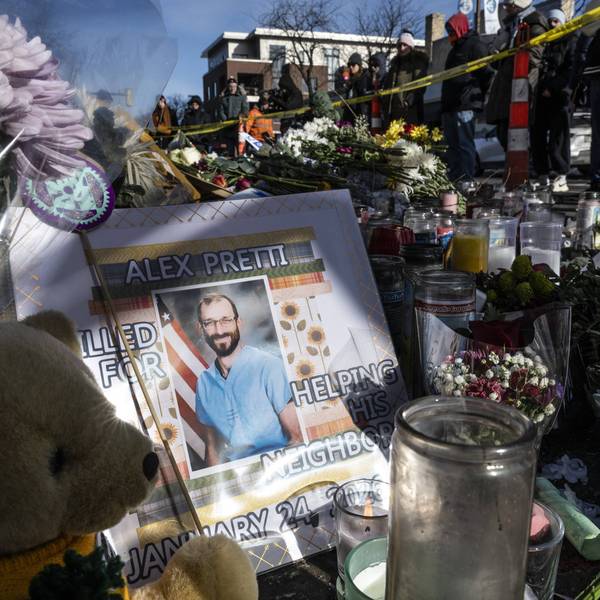Open internet advocates this week expressed concern that President-elect Donald Trump's two appointments to his Federal Communications Commission (FCC) transition team spell doom for net neutrality.
That policy, approved in a 2015 FCC ruling, ensures a level playing field on the internet by preventing internet service providers (ISP) from creating "fast lanes" that give special treatment for content creators or web companies that pay extra fees. The ruling was hailed as "the biggest win for the public interest in the FCC's history."
The Trump transition site announced the appointments of former Verizon consultant Jeff Eisenach and former Sprint lobbyist Mark Jamison Monday. Like Trump, the two are critics of net neutrality.
"If President-elect Trump were the least bit sincere about his claims to 'drain the swamp' of lobbyists and special-interest operatives, he couldn't have done much worse than selecting these two," writes Timothy Karr, senior director of strategy at Free Press. He continues:
Both have deep financial ties to the telecom industry. They've spent time at the right-wing American Enterprise Institute (AEI), where so-called scholars do double-time as corporate lobbyists and consultants, rarely disclosing their conflicts of interest.
For its part, AEI has received support from the AT&T Foundation--the phone giant's charitable arm. Previous clients Eisenach has consulted for include Verizon, which had him on its payroll as he testified before Congress against issues like Net Neutrality. The New York Times made Eisenach the poster child for undue corporate influence over policymaking in a lengthy investigative piece that exposed his many conflicts.
Jamison directs the Public Utility Research Center at the University of Florida where he's extolled the virtues of competition-crushing media mergers as innovative and good for the public. The Center doesn't make public its full list of corporate sponsors, but its advocacy for every takeover involving AT&T is a good clue.
ThinkProgress also notes that
Eisenach was part of former President Ronald Reagan's Federal Trade Commission and FCC transition teams. The resulting FCC agency repealed the Fairness Doctrine, which required media to portray contrasting perspectives in news coverage of public issues. Jamison, who also teaches at the University of Florida, has staunchly opposed the FCC's policies to improve internet access and options in low-income and rural areas.
Anne Jellema, CEO of the World Wide Web Foundation, also expressed concern, telling the Guardian that the "appointments certainly don't look like good news for net neutrality."
"But President-elect Trump has promised to be a 'president for all Americans,'" she added. "If he's serious about this promise, we trust the transition team will pay heed to the over three million comments submitted just last year by Americans of all political stripes calling for strong net neutrality, and will respect the recent decision by a federal appeals court to uphold the FCC's Open Internet order."
According to Chris Lewis, vice president at Public Knowledge, "if folks want to eliminate these very important consumer protections that are wildly popular across ideological lines, the question is how are they going to protect an open internet if they eliminate these rules?"



